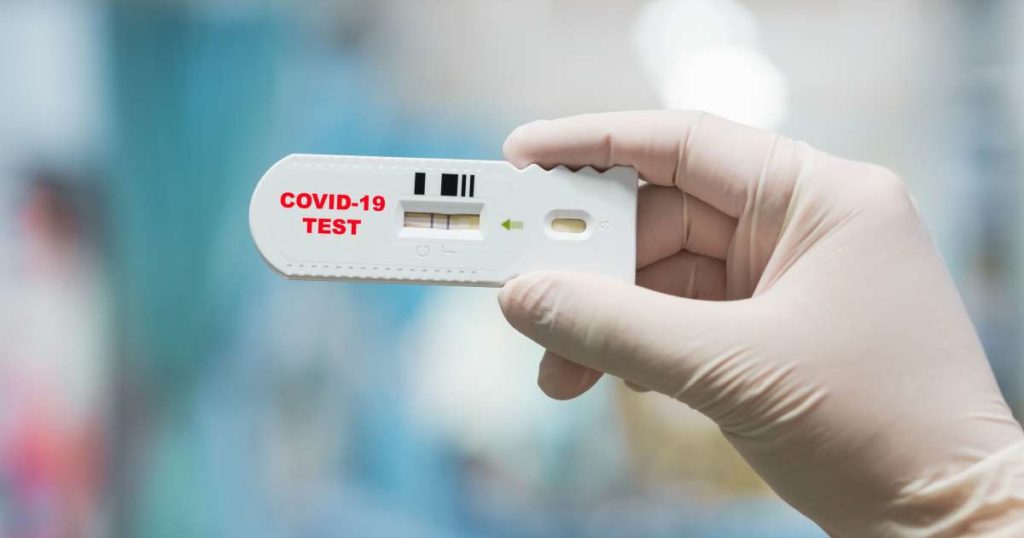THD NewsDesk, NEW DELHI: The DCGI has authorized the commercial launch of ‘Feluda’, the Tata CRISPR (Clustered Regularly Interspaced Short Palindromic Repeats) COVID-19 test, the Council of Scientific and Industrial Research (CSIR) confirmed on 19th September. The Drugs Controller General of India or DCGI is responsible for the approval of licences of specified categories of drugs and vaccines.
‘Feluda’ is the most inexpensive Covid-1 test so far. It retains the same accuracy levels of traditional RT-PCR tests but demands way less expensive equipment and promises enhanced ease of use. The newly developed test has been innovated by employing cutting-edge CRISPR technology for identification of the genomic sequence of SARS-CoV-2 virus, CSIR informed in a statement.
“The Tata CRISPR (Clustered Regularly Interspaced Short Palindromic Repeats) test, powered by CSIR-IGIB (Institute of Genomics and Integrative Biology) FELUDA, received regulatory approvals today from DCGI for commercial launch, as per ICMR guidelines, meeting high quality benchmarks with 96 per cent sensitivity and 98 per cent specificity for detecting novel coronavirus,” the statement said.
The Tata CRISPR test boasts of being the world’s first diagnostic test to innovate a specially adapted Cas9 protein to detect the virus causing COVID-19 successfully. CRISPR is a genome-editing technology to diagnose diseases which have in it the potential to see several other pathogens in the future also.
Girish Krishnamurthy, CEO, TATA Medical and Diagnostics Ltd announced, “The approval for the Tata CRISPR test for COVID-19 will give a boost to the country’s efforts in fighting the global pandemic.
“The commercialization of Tata CRISPR test reflects the tremendous R&D talent in the country which can collaborate to transform India’s contributions to the global healthcare and scientific research world,”.
The Director of SSIR-IGIB, Anurag Agrawal professed that the work started by CSIR for genome diagnostics and therapeutics could lead to new findings, which in turn could be utilized for developing a new diagnostic test for SARS-CoV-2. He believes that this innovation of the young research team led by Debojyoti Chakraborty and Souvik Maiti demonstrates the interconnectedness of scientific knowledge and technology.
